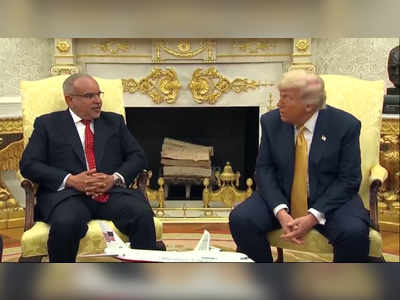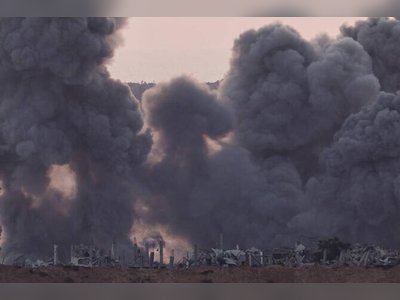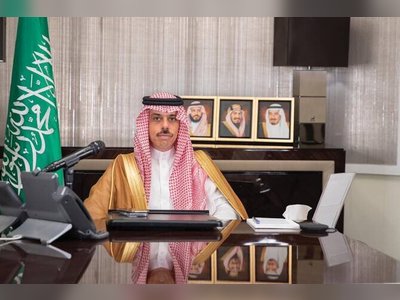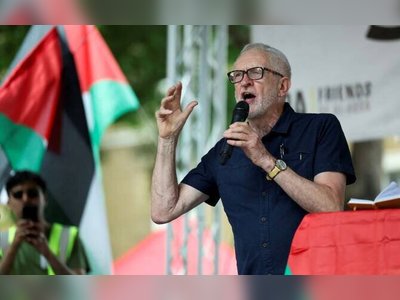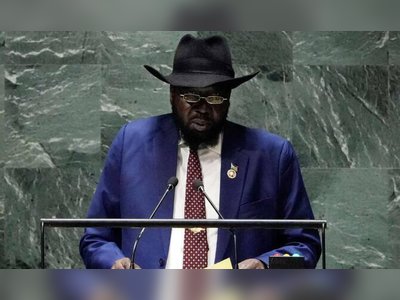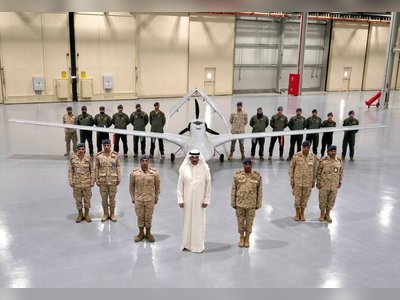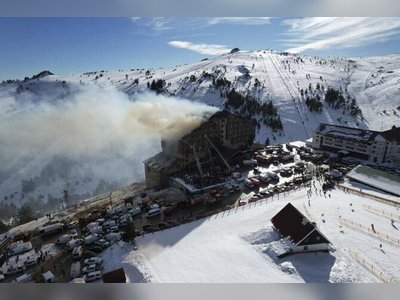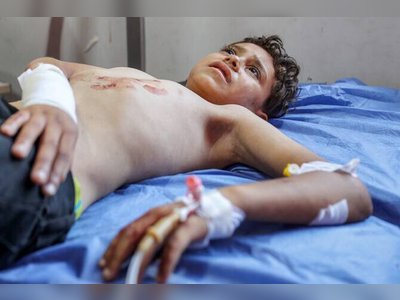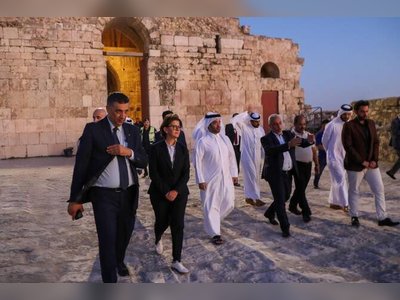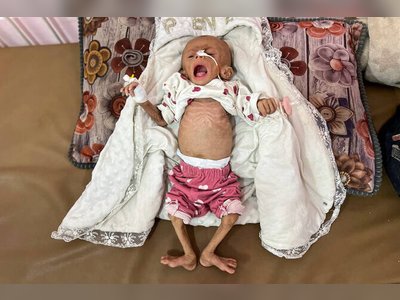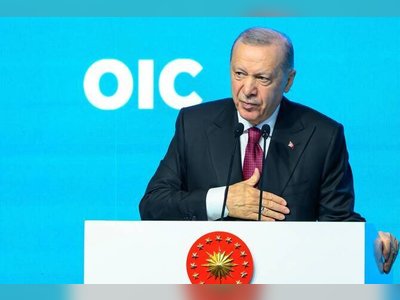
Central African Republic Exam Stampede Leaves 29 Dead
Explosion at Bangui high school sparks chaos, killing students during exams.
In a tragic incident that occurred early Wednesday afternoon in Bangui, the capital of the Central African Republic (CAR), an explosion involving a power transformer led to a stampede that resulted in the deaths of 29 students.
These students were participating in their high school exams at the time.
The exams were taking place for just over 5,300 students on the second day of the baccalaureate examinations.
The stampede caused by the explosion triggered panic among both the exam supervisors and the students, leading to a chaotic situation where individuals jumped from the first floor in an attempt to escape.
Ambulances, pickup trucks, and motorbike taxis were used to transport the injured to hospitals.
The overwhelmed healthcare facilities struggled to cope with the influx of casualties due to the crowd obstructing caregivers and ambulances, according to a health ministry source.
President Faustin Archange Touadera expressed solidarity and compassion for the affected families and educational staff.
He announced three days of national mourning in response to the incident.
The President is currently attending a summit of the Gavi vaccine alliance in Brussels.
Education Minister Aurelien-Simplice Kongbelet-Zingas stated that immediate measures would be taken to investigate the circumstances surrounding the tragedy.
Additionally, an announcement was made regarding the postponement of exams and plans for the students to resume their program.
The Republican Bloc for the Defense of the Constitution (BRDC), a coalition of opposition parties, criticized the authorities for failing in their duty to ensure student safety and secure school infrastructure.
The CAR is one of the poorest countries globally, having experienced multiple coups, authoritarian rule, and civil wars since its independence from France in 1960.
The latest civil war has lasted over a decade, with the government securing major cities and violence subsiding in recent years.
However, occasional fighting continues in remote areas between rebels and the national army, which is supported by Wagner mercenaries and Rwandan troops.
The upcoming municipal, legislative, and presidential elections scheduled for August and December are facing calls from UN experts for institutional reform of the electoral authority due to intensifying tensions between the government and opposition.
These students were participating in their high school exams at the time.
The exams were taking place for just over 5,300 students on the second day of the baccalaureate examinations.
The stampede caused by the explosion triggered panic among both the exam supervisors and the students, leading to a chaotic situation where individuals jumped from the first floor in an attempt to escape.
Ambulances, pickup trucks, and motorbike taxis were used to transport the injured to hospitals.
The overwhelmed healthcare facilities struggled to cope with the influx of casualties due to the crowd obstructing caregivers and ambulances, according to a health ministry source.
President Faustin Archange Touadera expressed solidarity and compassion for the affected families and educational staff.
He announced three days of national mourning in response to the incident.
The President is currently attending a summit of the Gavi vaccine alliance in Brussels.
Education Minister Aurelien-Simplice Kongbelet-Zingas stated that immediate measures would be taken to investigate the circumstances surrounding the tragedy.
Additionally, an announcement was made regarding the postponement of exams and plans for the students to resume their program.
The Republican Bloc for the Defense of the Constitution (BRDC), a coalition of opposition parties, criticized the authorities for failing in their duty to ensure student safety and secure school infrastructure.
The CAR is one of the poorest countries globally, having experienced multiple coups, authoritarian rule, and civil wars since its independence from France in 1960.
The latest civil war has lasted over a decade, with the government securing major cities and violence subsiding in recent years.
However, occasional fighting continues in remote areas between rebels and the national army, which is supported by Wagner mercenaries and Rwandan troops.
The upcoming municipal, legislative, and presidential elections scheduled for August and December are facing calls from UN experts for institutional reform of the electoral authority due to intensifying tensions between the government and opposition.
